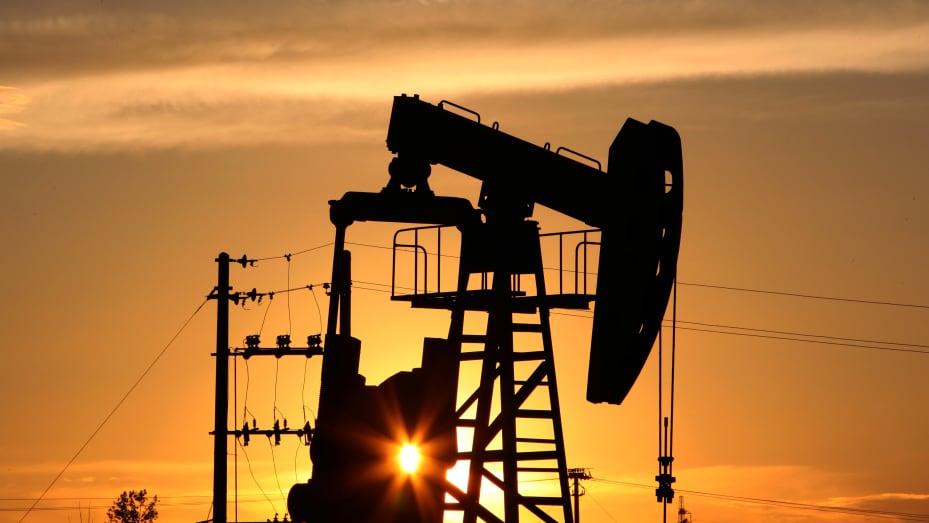
Lucas Schifres | Getty Images
The Biden administration has asked some of the world’s largest oil-consuming nations to consider releasing some of their crude reserves in a coordinated effort to lower prices and stimulate the economic recovery, according to several people familiar with the matter.
Global oil prices touched seven-year highs in late October as oil demand has rebounded nearly to pre-pandemic levels, faster than the pace of supply. The Organization of the Petroleum Exporting Countries and allied producers, led by Saudi Arabia and Russia, have been adding 400,000 barrels per day to the market on a monthly basis. They resisted calls this month from U.S. President Joe Biden for steeper boosts.
In recent weeks, Biden and top aides have raised the issue with close allies including Japan, South Korea and India, as well as with China, the sources said.
Several people familiar with the matter cautioned that such negotiations have not been finalized nor has any final decision been made about whether to pursue this or any other course of action on oil prices.
The White House declined to comment on the detailed content of specific conversations with other countries. “No decisions have been made,” said a spokesperson for the White House’s National Security Council.
The spokesperson added that the White House has said for weeks that it is “talking with other energy consumers to ensure global energy supply and prices do not imperil the global economic recovery. There is nothing to report beyond ongoing conversations and we consider a range of tools for if and when action is needed.”
OPEC and allies have been wary of boosting output dramatically, concerned the rebound in demand could be fragile and additional supply could overwhelm markets.
“The surplus is already beginning in December,” OPEC Secretary General Mohammad Barkindo said on Tuesday, when asked if he was sure there would be an excess in oil supply next year.
“These are signals that we have to be very, very careful,” he told reporters.
Rising oil prices have been an increasingly concerning political problem for Biden, a Democrat who took office in January. U.S. gasoline prices are $3.41 per gallon now, according to AAA, more than 60% higher than a year ago as the economy has rebounded from the Covid-19 pandemic.

